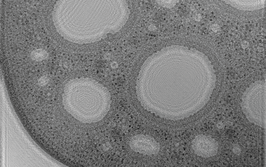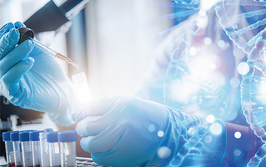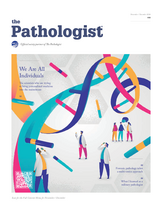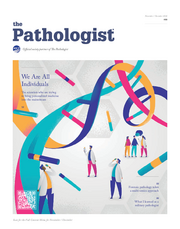
One TINY Step at a Time
How to diagnose Kaposi’s sarcoma in areas without reliable infrastructure
Kaposi’s sarcoma (KS) presents a diagnostic challenge even in optimal healthcare settings. This is because presentation can be extremely heterogeneous, and there are many clinical entities which mimic KS morphologically. Accurate diagnosis, which conventionally requires experienced dermatopathologists, is critical to avoid unwarranted chemotherapy – and to ensure correct therapy for mimicking conditions. But histopathologic diagnosis is not always possible in resource-limited settings, such as sub-Saharan Africa, where KS is one of the most common cancers among adults. In these settings, clinicians must often diagnose KS only via macroscopic observation and, unfortunately, this is often incorrect. Even where pathology is available, lengthy turnaround times in interpretation often render the findings useless.
To remedy this, a team led by David Erickson, an engineer from Cornell University; Ethel Cesarman, a pathologist from Weill Cornell Medical School; and Jeffrey Martin, a medical epidemiologist from the University of California, San Francisco designed and tested a portable device that can be operated without electricity and may prove useful for KS diagnosis: the Tiny Isothermal Nucleic acid quantification sYstem – TINY, for short (1).
In this system, a small biopsy of the affected skin is taken under local anesthetic. DNA is then extracted from the biopsy and tested for the presence of Kaposi’s sarcoma-associated herpesvirus (KSHV) DNA via a reaction known as loop-mediated isothermal amplification (LAMP). Because LAMP does not require the temperature cycling of the polymerase chain reaction (PCR), it can be performed via a variety of energy sources and does not need the same stable source of electricity required for PCR. Indeed, what makes TINY unique is its ability to collect and store energy from any source, including the sun – even in the midst of intermittent cloud cover.
In preliminary testing, TINY is showing promise for its ability to diagnose KS. The multidisciplinary research team is now working alongside Aggrey Semeere, a clinical researcher in Uganda, to test the device in large numbers of patients with suspected KS. They are also seeking ways to keep its cost low. “Obviously, we need to make this as inexpensive as possible,” says Semeere. “There is little point on working on such a project if we cannot make it affordable.”
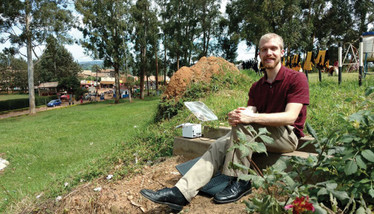
- R Snodgrass et al., “A portable device for nucleic acid quantification powered by sunlight, a flame or electricity”, Nat Biomed Eng, 2, 657–665 (2018).

While obtaining degrees in biology from the University of Alberta and biochemistry from Penn State College of Medicine, I worked as a freelance science and medical writer. I was able to hone my skills in research, presentation and scientific writing by assembling grants and journal articles, speaking at international conferences, and consulting on topics ranging from medical education to comic book science. As much as I’ve enjoyed designing new bacteria and plausible superheroes, though, I’m more pleased than ever to be at Texere, using my writing and editing skills to create great content for a professional audience.

